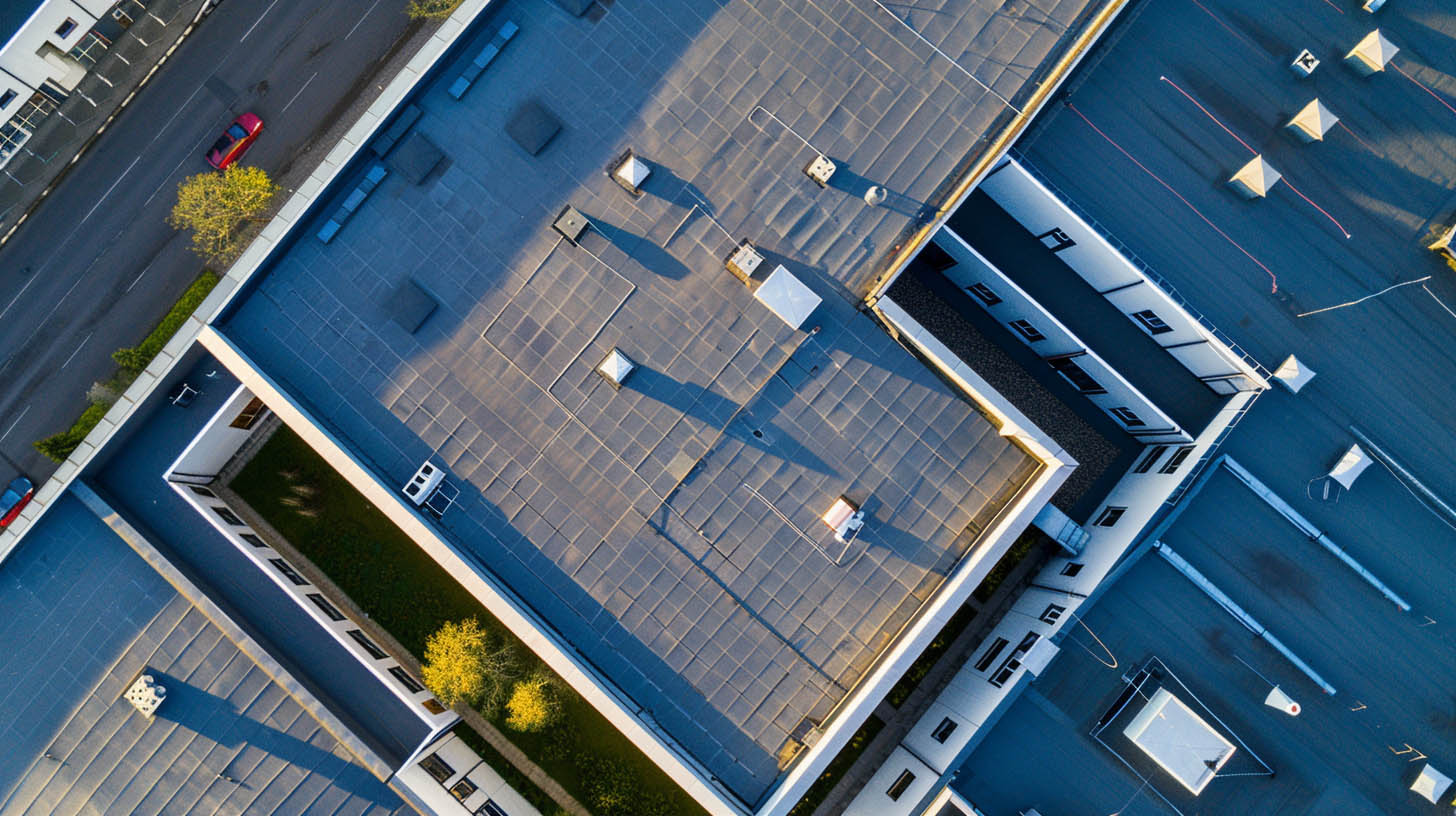When it comes time for a commercial roof replacement, many business owners are faced with the critical question: "Can we continue business operations during the roofing process?" Understanding the nuances of roofing projects is essential to managing your business effectively during this period. Here are detailed insights and preparations you should consider.
Planning and Coordination
Understanding the Scope of Work
Before any work begins, familiarize yourself with the specifics of the roofing project. Discuss with your roofing contractor about the nature of the work, expected timelines, and any potential disruptions. Understanding these elements helps in planning business operations around the roofing schedule.
Scheduling Considerations
Coordinate with the roofing team to schedule work during off-peak hours or days when business activity is low. For businesses like retail stores or restaurants, consider night work if possible. For operations that run round-the-clock, such as hospitals or factories, ensure that the roofing team can work safely without disrupting your operations.
Safety and Accessibility
Ensuring Safe Access
Roofing projects can affect how individuals enter and exit your building. Arrange for safe pathways and clearly mark restricted areas to avoid accidents. Discuss with your contractor about using less trafficked entrances or service areas for moving materials and equipment.
Parking and Storage
Designate specific areas for the roofing contractor’s dumpsters, materials, and vehicles that do not interfere with customer parking or block emergency routes. If parking space is limited, consider alternative arrangements for your staff, such as nearby parking lots or carpooling options.
Minimizing Disruptions
Dust and Odor Management
Roofing can generate considerable dust and odors, potentially affecting indoor air quality. If possible, shut down HVAC systems that might circulate these odors throughout your building. Communicate with your roofing contractor about strategies to minimize dust and odors, such as positioning tar kettles downwind of air intakes.
Noise Reduction
Roof replacements are noisy but necessary. To minimize disruption, request that the roofing team avoids loud music and uses noise-reduction practices wherever possible. For businesses where noise is a particular concern, consider additional soundproofing measures or providing noise-canceling headphones to employees.
Communication and Customer Considerations
Informing Stakeholders
Keep employees, customers, and tenants well-informed about the roofing project. Use signs, emails, or meetings to communicate about the schedule, potential noise, and any areas of the building that will be temporarily inaccessible.
Handling Special Needs
Address any specific concerns from tenants or clients, particularly those sensitive to construction noise or debris, by offering alternatives such as remote work options or temporary relocations within the building.
Final Stages and Cleanup
Post-Project Inspection
Once the roofing work is completed, conduct a thorough inspection with the roofing contractor to ensure all work areas are cleaned up and restored to their original condition. Verify that all debris has been removed and that there are no leftover materials or tools.
Feedback and Review
Gather feedback from your tenants or employees about the project’s impact and any areas for improvement. This feedback is invaluable for future projects and maintaining good relationships with those affected by the construction work.
Conclusion
A commercial roof replacement doesn’t have to mean a shutdown of business operations. With careful planning, clear communication, and a cooperative effort with experienced contractors like Summit Exteriors in Coeur d'Alene, ID, your business can continue to operate smoothly. Our commitment to quality and customer service ensures that your roofing project will be handled with the utmost professionalism and minimal disruption to your daily activities.



